The point that HGH could stop apoptosis or programmed cell death implies a realm of possibilities.
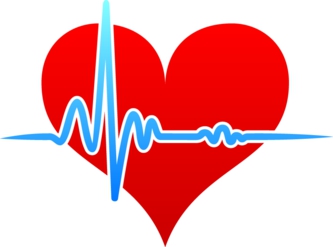 Programmed cell death affects some portion of the heart tissue which will never ever beat again once a person suffers from heart attack. Immediately once a heart stroke strikes a patient, it can instantly spoil a person’s ability to walk, talk or perhaps even concentrate properly.
Programmed cell death affects some portion of the heart tissue which will never ever beat again once a person suffers from heart attack. Immediately once a heart stroke strikes a patient, it can instantly spoil a person’s ability to walk, talk or perhaps even concentrate properly.
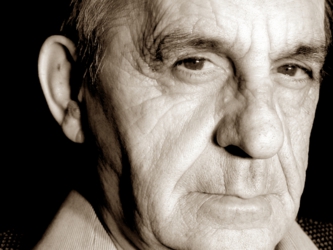 This might make it difficult for the person to focus properly, recall names or even respond swiftly. It might further result in causing serious illness such as Alzheimer’s, Parkinson’s or even multiple sclerosis among other various neurodegenerative illnesses.
This might make it difficult for the person to focus properly, recall names or even respond swiftly. It might further result in causing serious illness such as Alzheimer’s, Parkinson’s or even multiple sclerosis among other various neurodegenerative illnesses.
As a matter of fact, there was a very interesting report that proved that a decline in the mental function in humans begin at a rather earlier period in life. The study says that the decline in our cognitive function begins when we are in our early 40s.
Today, it seems that every other person is affected in some way or the other by diseases such as cancer and heart attack. These diseases are often passed on through parents, spouse, family members or friends.
Perhaps we too might just experience any of these diseases in the near future in case any of our family member or relatives have already been affected by it.
But even more surprising is the fact that besides these two primary killers that have taken a record number of lives in North America, there is another dangerous disease which actually overpowers both of the above mentioned diseases.
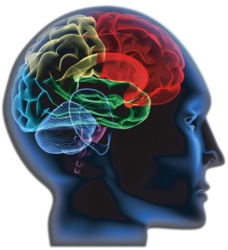 Scientists have predicted that in the coming 15 years, brain diseases are going to affect human beings so gravely that it will directly disable or kill a lot more American population than what heart diseases and cancer are doing TOGETHER.
Scientists have predicted that in the coming 15 years, brain diseases are going to affect human beings so gravely that it will directly disable or kill a lot more American population than what heart diseases and cancer are doing TOGETHER.
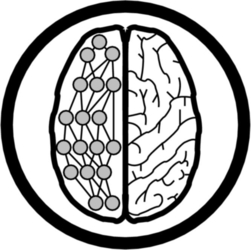 When we are speaking about brain health, even the brain cells that are about to die are equally important as the ones that are living.
When we are speaking about brain health, even the brain cells that are about to die are equally important as the ones that are living.
There is a kind of innate procedure inside the brain which is something similar to the neurological death.
This is known as ‘apoptosis’ (A Greek word which means a flower that has begun to lose its petals). This is a process where the brain begins to appoint particular type of cells for demolition.
The cells begin to get damaged somehow or the other due to toxins, pathogens, trauma or even insufficient oxygen which ultimately results in death.
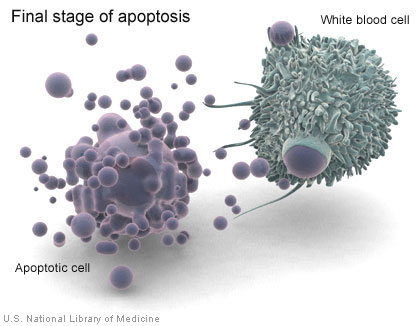
They begin to dehydrate quickly and eventually die very fast and therefore you will not find any inflammation that occurs. The scavenger cells then begin to absorb the debris and reuse it to all the other living cells.
This programmed death of brain cells is brought on so that all the remaining cells of the brain are very strong, vital and healthy while the damaged cells prevents from bringing about any further damage.
The speed at which this process of ‘apoptosis’ happens and these cells are destroyed completely depends upon the health of the human brain.
In case the process is fast, it means that the brains will not get sufficient time for creating new cells to help replace the ones that are already worn out or destroyed.
While on the other hand, in case the process is slow or is absent, the risk of being administered with the deadly disease such as cancer and other types of brain disease tend to increase.
The reason is because the already damaged cells in the brains will begin to create havoc and start destroying other healthy cells in the process.
HGH and Neurodegenerative Illness
Scientists are convinced that HGH prevents the aging process within brain cells. Various lab experiments have demonstrated the ability of hgh to deal with apoptosis.
With growth hormone combined with cell therapy, we could decelerate and perhaps stop aging, even switch it back a bit ?
The findings from the scientific tests done on animals claim that IGF-1 can in fact replenish nerve tissues which are destroyed through illness or injury .
There are stories of Parkinson’s patients who used to have a terrible time with movements until IGF-1 came along. One of those that the hormone has mobilized is Gordon Cooper, a famous astronaut who is now suffering from the debilitating Parkinson’s disease. He was videotaped kicking his heels, running around, happy!
Growth hormone is also present in brain cells which control motor action, that makes it promising for the management of Parkinson’ disease.
Several studies have shown how HGH leads to remarkable effects on other parts of the body – providing repairment, preventing or reversing shrinkage in organs, and so on.
Since it works at the cellular level hgh has an effect on brain and nerve tissue.
Simply by maintaining adequate amounts of growth hormone to nourish the brain, you will enjoy a young and operational brain all over your life-span.
Cass Terry, expert in neurology from the Medical College of Wisconsin, believes that brain function declines over time and growth hormone can definitely do something about it.
Since HGH can enhance nerve growth factors, this indicates the possibility that by boosting HGH levels to an optimal point, hgh affects brain betterment by the repairing of brain cells.
 Researchers have been able to show that hgh can stimulate renewed dendritic connections.
Researchers have been able to show that hgh can stimulate renewed dendritic connections.
Despite the fact that HGH has not led experts to the holy grail of neural research ie. the regrowth of neurons – it has shown numerous benefits.
Above all, HGH can be a powerful tool in helping us maintain our identity, to continue to be who we have always been as we go through the process of getting older.